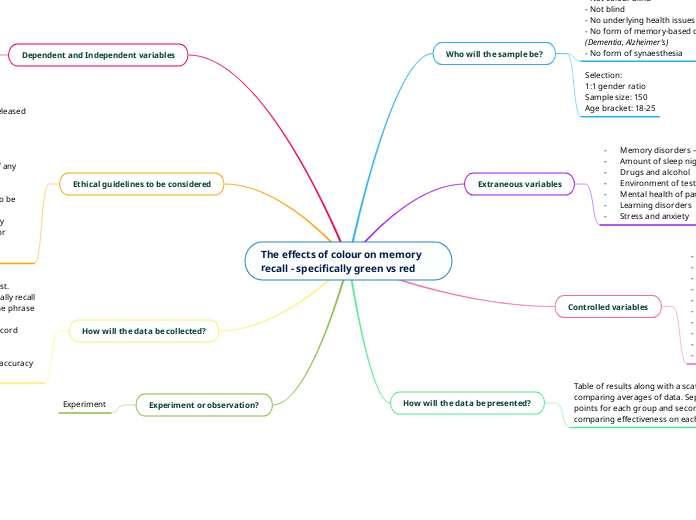av katya zirnsak` 3 år siden
214
The effects of colour on memory recall - specifically green vs red

av katya zirnsak` 3 år siden
214

Mer som dette